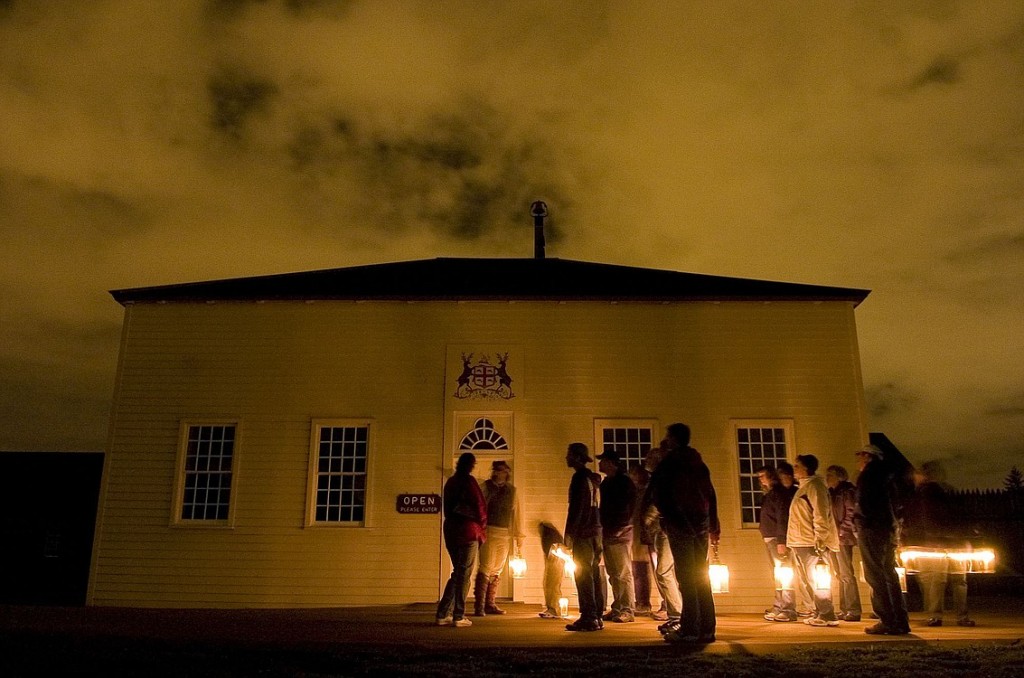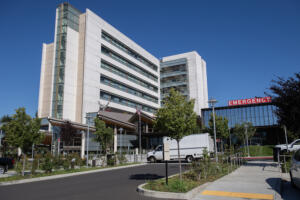City of Camas leaders are making their voices of opposition heard when it comes to the Bonneville Power Administration’s plans for the I-5 Corridor Reinforcement Project and its potential impacts on the city and its current and future residents.
BPA is proposing running a 500-kilovolt transmission line from Troutdale, Ore., to Castle Rock, Wash. Several of the project’s segments travel through the Camas area.
Lines 41 and 50 cut across Lacamas Lake and into the North Urban Growth Area, which is the focus of the city’s 20-year plan for future development; lines 40, 44 and 46 run through Camas Meadows Corporate Center; and line 52 is in the Goot Park area. In addition, a river crossing from Troutdale to Camas is the only Columbia River crossing that is being considered for the project.
Last night the Camas City Council approved a resolution requesting consideration of alternatives to placing the 500 kilovolt power lines within city limits. The document also outlined concerns about the project, which were detailed in length in a letter to the BPA from Mayor Scott Higgins.
“We urge the appropriate authorities to insist that Bonneville Power Administration consider and select alternatives, through the alternatives analysis portion of an environmental impact statement,” the resolution reads, “that route the I-5 Corridor Reinforcement Project away from the urban area known as the City of Camas, and to further insist that no alternative be considered that includes routing of power lines above ground through the city of Camas.”




